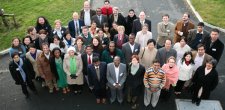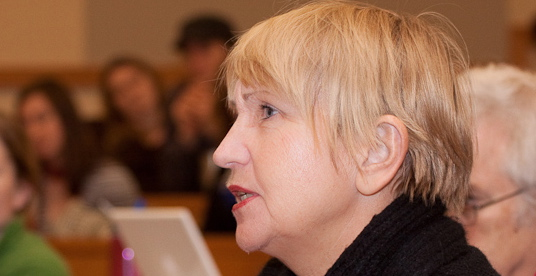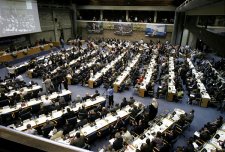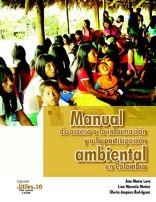By Kiril Ristovski (Posted: May 10, 2009)
Frequent diseases among the people, pestilence of fish and cattle are some of the consequences of the pollution for which the official analyses show that they are in the framework of maximally permitted values. The major source for these values are frequently the polluters themselves. In other words, the polluters pollute us not only with waste but with false information, too.
That is the conclusion from the research conducted by NGO Florozon in Skopje, technically and financially supported by The World Resource Institute in USA. This national research was for the first time conducted in our country, and it is based on the right to access to information, public participation in the decision-making process and access to justice. A lot of irregularities are being pointed out. – ‘Very often when big facilities cause pollution and the indicators confirm that the health of the people and the quality of the environment are threatened the information provided by the authorities is rather discouraging about the satisfying level of pollution substances in the air, water and soil. That points out that the authorities very often take the polluters’ side and hide the data that reflect the real state. So far there hasn’t been any successful initiative from the citizen associations in order to reveal the true values for the quality of the environment ‘– Florozon claims.
The access to information in state of emergency or damage is not satisfactory either and there is no practice for timely and quality informing in dangerous incidents. The population is not informed about the accidents and there is no legal liability among the polluters. – ‘The court decisions are not efficient. It is practice not to find the powerful subjects that considerably contribute for the local economy responsible although there are lawful environmental procedures.’ – it is said in Florozon.
Their research includes more capacities chosen at random , among these are the refinery ‘Okta’, the mines ‘Toranica’ and ‘Sasa’, the fish pestilence in the river Vardar and others. In all examined cases a lot of irregularities and lapses can be seen in the state institutions and by the polluters. Also, the doors for providing information are always closed and there are contradictory results in the conducted analyses. One example is the pollution of Kamenicka Reka caused by the mine ‘Sasa’. Although the analyses of the State Inspectorate for Environment and the mine showed that the river wasn’t polluted, the analyses made by several non-governmental organizations in private laboratory in Kumanovo showed presence of cadmium, lead and zinc over the permitted values. So far there hasn’t been any official information about the big pestilence of fish in the river Vardar, too.
The original version in the newspaper Dnevnik: http://www.dnevnik.com.mk/?itemID=C8C861DD7428734DA6FCC2FF03…
TAI MACEDONIA
Kiril Ristovski



